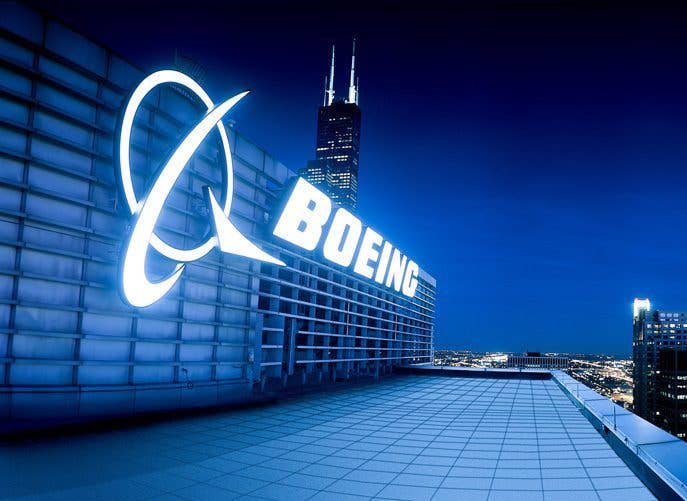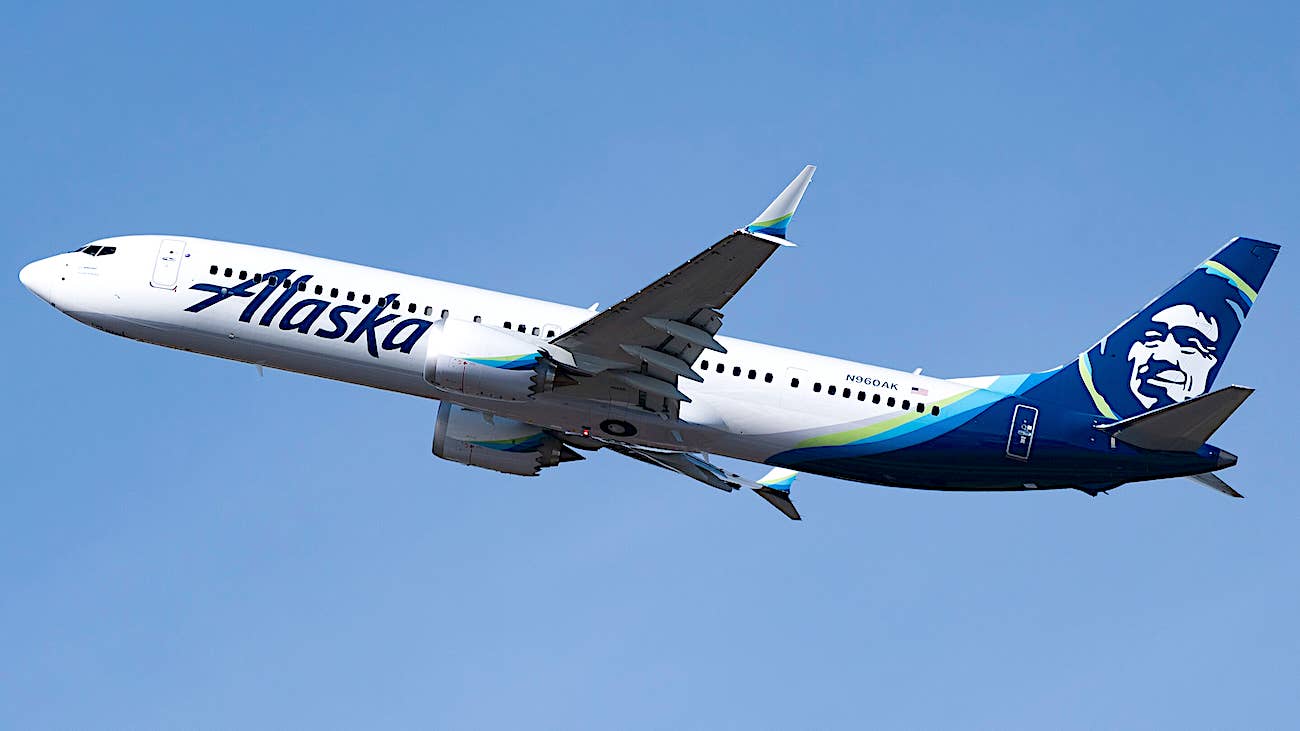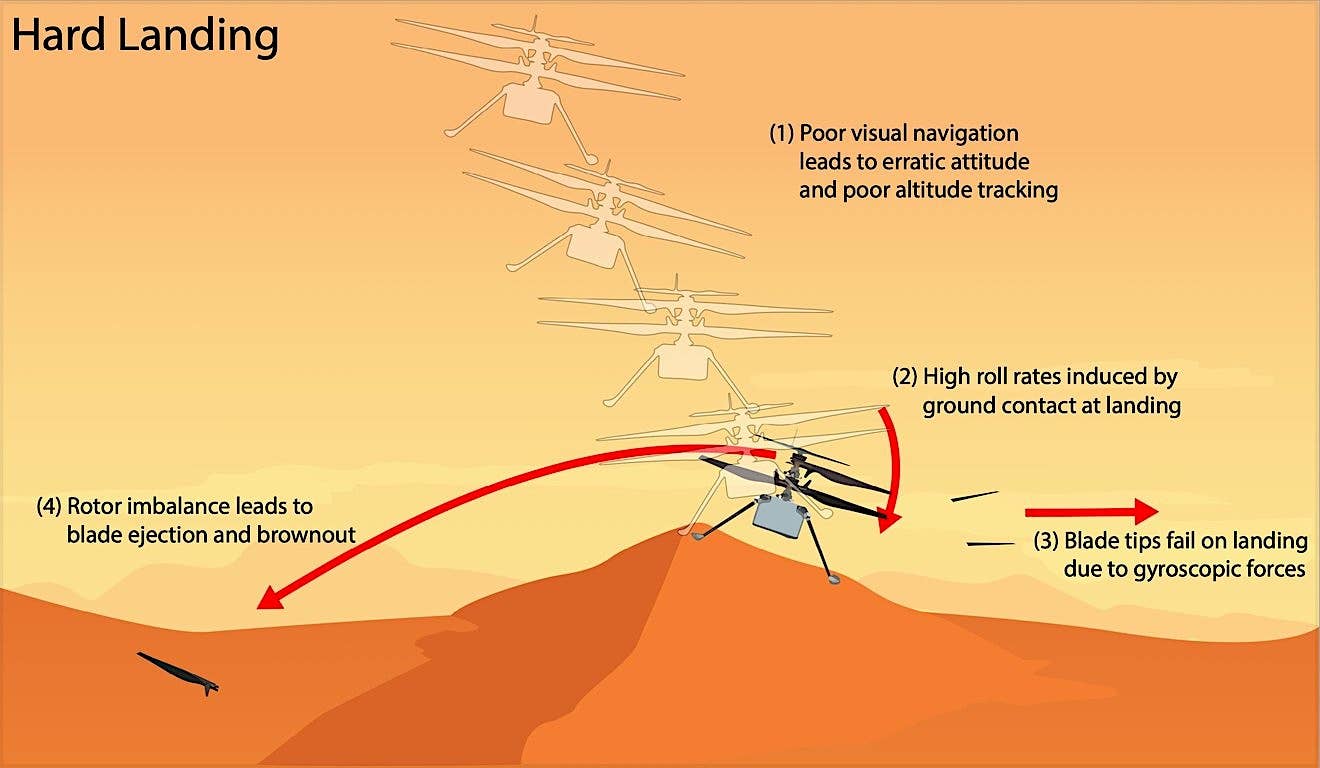Boeing Restructures At The Top, Loses More MAX Orders
The same week Boeing returned some workers to its Puget Sound facilities—mainly for military programs—it has announced a number of management changes that consolidate programs under CFO Greg Smith. The…

The same week Boeing returned some workers to its Puget Sound facilities—mainly for military programs—it has announced a number of management changes that consolidate programs under CFO Greg Smith. The changes, Boeing said, are aimed at “streamlining senior leadership roles and responsibilities; and preparing now for the post-pandemic industry footprint.” Boeing has seen its deliveries drop dramatically over the last year, and industry experts foresee a long, rocky road to recovery in a post-pandemic world market.
Boeing says that a “newly formed group—Enterprise Operations, Finance & Strategy—will consolidate several important areas, bringing together teams responsible for manufacturing, supply chain and operations, finance, enterprise performance, strategy, enterprise services and administration.” In addition, Corporate Audit, which still reports to the Boeing board, will be rolled into this group. Greg Smith has been the executive VP of business development and has been responsible for a wide range of Boeing’s manufacturing. Other changes in the re-org include combining Boeing’s legal and regulatory units into one. “This approach will enhance Boeing's already strong compliance and internal governance program through focused accountability for, and a more integrated approach to, Boeing compliance responsibilities,” the company said. “It also will help the company proactively address new legal and compliance obligations arising from an increasingly complex global regulatory environment.”
Earlier this week, a Chinese leasing firm canceled orders for 29 737 MAX aircraft, which takes its order down to 70 units; the firm also altered the contract to defer delivery of some MAXes to as late as 2026. Late last week, U.S. lessor GE Capital canceled orders for 69 MAX airliners. It's believed that Boeing has already lost nearly 250 orders for the jet. Still the most in-demand model in Boeing’s lineup, the 737 MAX retains more than 4,700 orders, though it’s likely it will be delivering much later than intended. More than 13 months after it was grounded, the path for the MAX’s return to service is as murky as ever.






